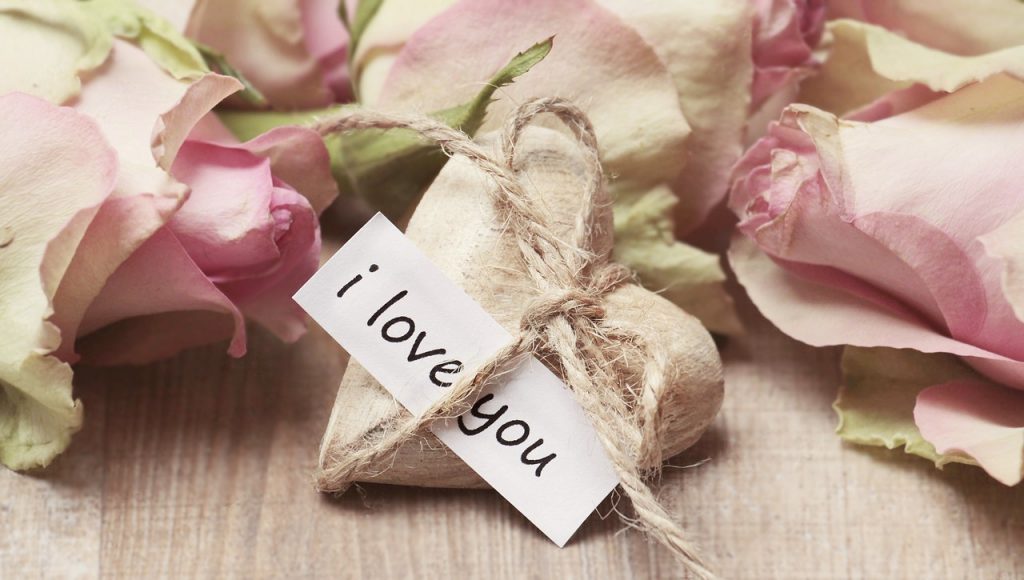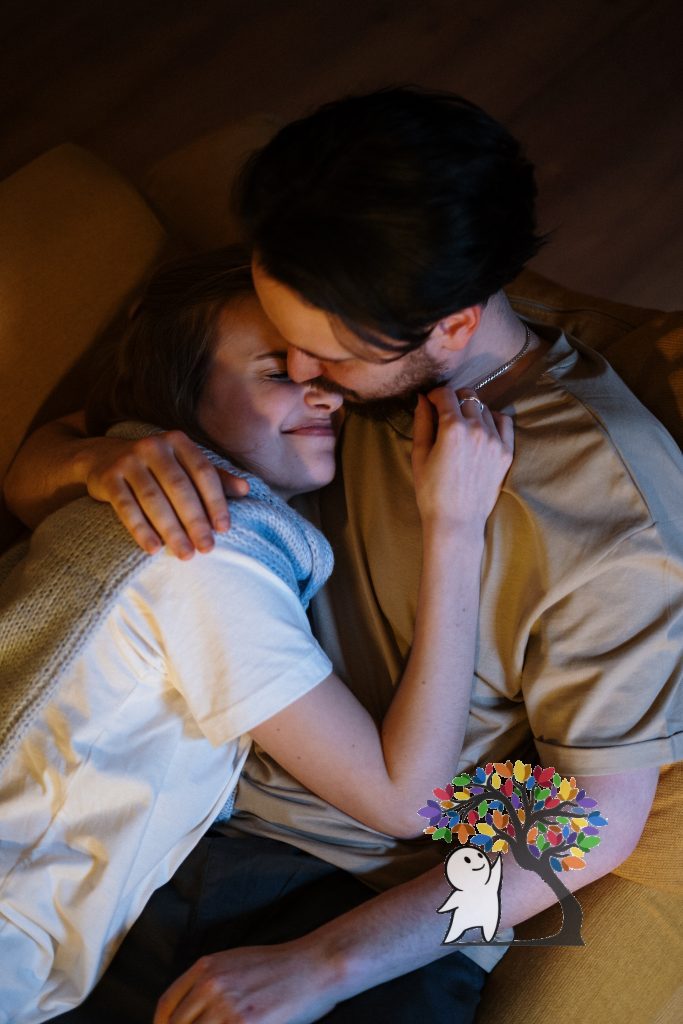Predicting your relationship success based on the 8 types of love. What type(s) are you?

“The best love is the kind that awakens the soul; that makes us reach for more, that plants the fire in our hearts and brings peace to our minds. That’s what I hope to give you forever.”
— The Notebook
Love. Love? Love! How do you describe love? Is it like warm syrup dripping from your lips? Is it a distant but comfortable feeling like the sunset or a practical compliance like stopping at the stop sign? You know, the kind where you mostly stop because it’s the rule but not completely because no one is watching?
We all have different ideas or stories about what love should be like and how it should feel. These stories are based on what we see in the world around us, the books we read, the movies we watch and the influential people in our lives like parents, aunts, and uncles.
My own concept of what love looks like comes from my parents who are getting ready to celebrate their 50th wedding anniversary. My experience of love is quite different than my concept. I expected a lifelong romantic friendship with my husband. Instead, I am riding up a rocky hill on a bicycle with a flat tire praying I get to the top soon. In my world, love didn’t work like this. In his world, it did.
celebrate their 50th wedding anniversary. My experience of love is quite different than my concept. I expected a lifelong romantic friendship with my husband. Instead, I am riding up a rocky hill on a bicycle with a flat tire praying I get to the top soon. In my world, love didn’t work like this. In his world, it did.
RJ Sternberg, a Professor of Human Development at Cornell University, who has been cited since 1986 on his “Triangular Theory of Love,” explains how love works.
Triangular Theory of Love
Imagine a triangle. Each point represents a component of love. Intimacy, passion, and decision/commitment represent a different part of the whole picture of love. The three components interact with each other and together they are important parts of a loving relationship. In a long-term relationship, the importance of any one component differs over time, often moving from one component to another and back again. If you have been in more than 1 relationship, the importance of a particular component was probably different in each. No relationship is just one case of any of them. We are human after all.
If I use my relationship as an example,  it is clear to me that the earliest part of our relationship rested mostly on the passion point. As time went on the passion moved forward into intimacy, the period when I wanted to share my deepest secrets and I was still sad when he had to leave for work. We moved back and forth between intimacy and passion for almost 6 months before the last component came into play. Commitment.
it is clear to me that the earliest part of our relationship rested mostly on the passion point. As time went on the passion moved forward into intimacy, the period when I wanted to share my deepest secrets and I was still sad when he had to leave for work. We moved back and forth between intimacy and passion for almost 6 months before the last component came into play. Commitment.
That was 25 years ago. Commitment has always been the stable part of the relationship. As our relationship grew, life sometimes got in the way and gradually, the first two components closed their doors.
The three points interact with each other changing the dynamics of a relationship at any given time. According to Sternberg, the interaction of the three points generate 8 possible kinds of love.
Watch our video here:
8 Types of Love
Your interactions with the people in your life will fit into one of these 8 categories.
1. Non-love – Non-love will characterize most of the casual interactions you have with people. Non-love is simply the absence of all three love components. There are no feelings of passion, intimacy, or commitment towards the person.
2. Liking/friendship – This relationship is characterized by feelings of closeness and warmth toward the person without feelings of passion or long-term commitment.
3. Infatuated love – Some people never get past infatuated love because they are addicted to the intense and passionate high of a new relationship. In this love type there is no sense of intimacy or commitment. This love is likely to vanish if it does not develop intimacy or commitment.
4. Empty love – Just for a reference point, this is sadly what type of love my relationship is in now. This love type is characterized by a sense of strong commitment without intimacy or passion. Love can begin strong and deteriorate to empty love, or it can begin as empty love (arranged marriage) and transform into another type of love.
5. Romantic love – Here we have the combination of intimate and passionate components of love. In romantic relationships two people are drawn to each other physically and emotionally. However, there is no sense of commitment.

6. Companionate love – This love type is intimate but without passion. It is stronger than friendship because both people feel a sense of long-term commitment. Families characterize companionate love as do close friends who have a platonic but very strong sense of friendship. Many long-term marriages will also fit into this category. The passion has dwindled but there is still a feeling of commitment and affection.
7. Fatuous love – (fach-oo-us) it
means unreal, illusory. A whirlwind marriage best describes this type of love. There is no stability/commitment or intimate involvement. It is an illusion of love but can’t be love because it is missing the component of intimacy.
8. Consummate love – The ideal relationship, the complete form of love. This is where people strive to be in their relationships. It is where I hope my relationship goes back to. The “perfect couple” are in consummate love. They cannot imagine themselves happier with anyone else, whatever difficulties they face are managed easily, and 15 years later they are still having great sex. 
Sternberg says that this love may be initially achieved easily (it was) but may be hard to maintain (it is). Relationships can move from one type of love to another, but if you want your relationship to last, if you want to stay in love, you must actively take action every day to keep it. The passion may die leaving you with a companionate love. If you never extinguish the flame, it can grow into a burning fire once again.
If you find yourself in consummate love, then your relationship is on solid ground. If you keep it there, you will have a successful, loving relationship.
What love type characterizes your relationship? Has your relationship been through more than one type?




Love this site
What kind of love